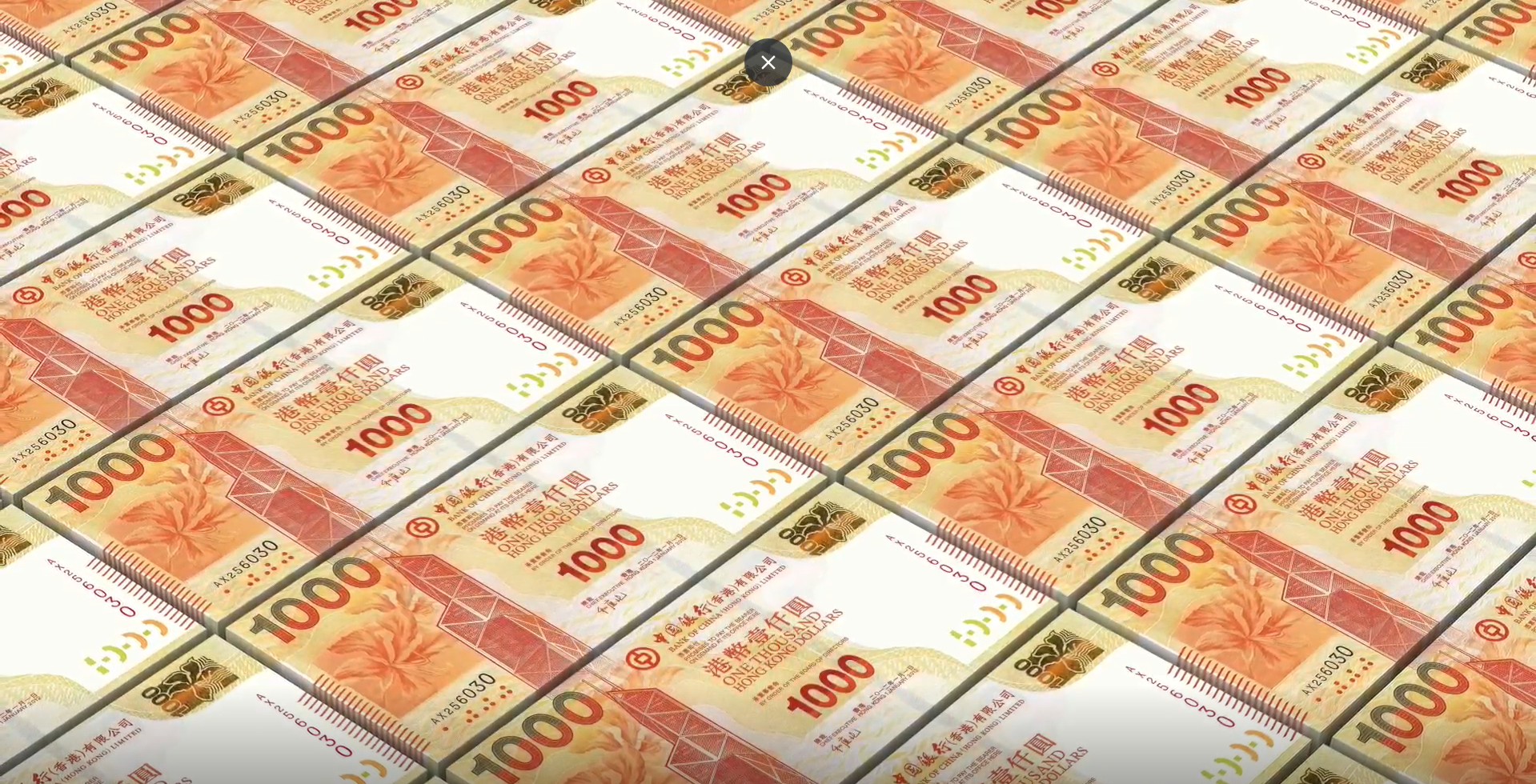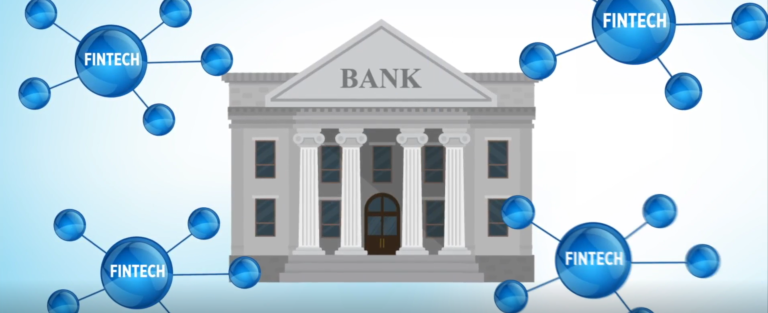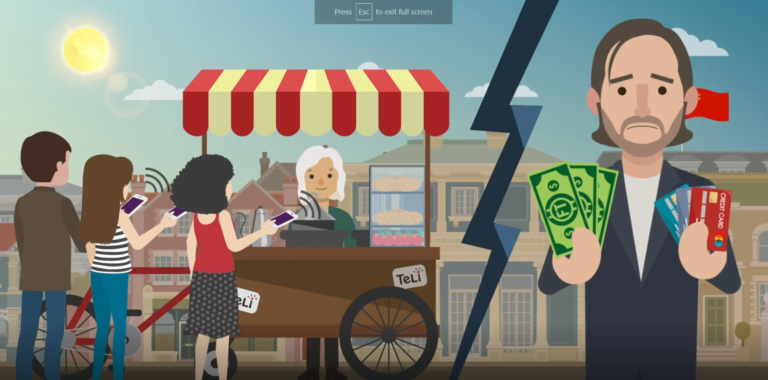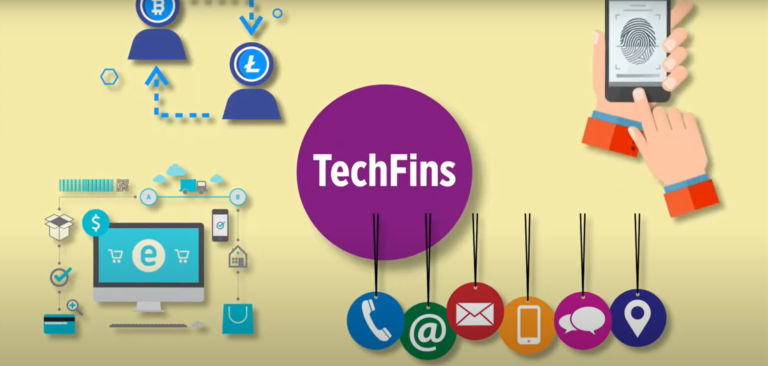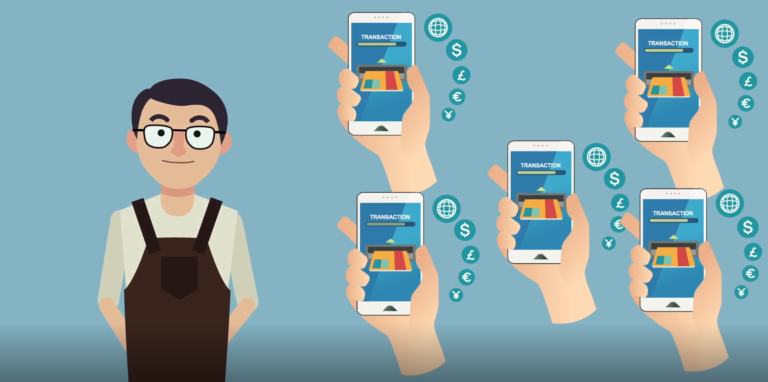Transcript
We’ve explained that there’s this paradox, using China as an example, where there’s a push towards a cashless society which in many ways is more efficient, but also makes it more difficult for certain people to access finance and financial services.
Meanwhile, the opposite thing is happening in other more developed parts of the world, the U.S. for example. In several very advanced cities such as New York and Boston, they actually have laws that require a store or a vendor to accept cash. The reason for that is if they don’t, it would make it difficult for the poor to access those commodities. In fact, those laws stem back all the way to the 1970s, when credit cards first came around.
So there’s the dichotomy where on the one hand it’s safer and more efficient, but on the other hand, it excludes certain people. What do we do about this?
We personally, from both a practical perspective and a normative perspective, think it’s difficult to envision a situation where a society goes completely cashless. This is partially because of the inclusion issues we just raised, but also because of the lack of incentives from the governments. It is hard, if not impossible, to imagine a situation where governments would discourage stores or vendors from accepting legal tender – which is cash. So, fundamentally we think there’s a government incentive to encourage cash payments, or at least as an option.
As an interesting side note, one of the examples that we provided is for tourists. When you travel to China or Myanmar as a tourist, whether you’re rich or not, you can have difficulty accessing the economy. In a cashless society, how would a tourist access that market? Is there a solution to that?
Currently, if you travel to countries with financial systems that are fairly consistent or linked to each other, we can normally get around just by using credit cards. In case you didn’t know, all those stickers on the back of your credit cards that say Union Pay, Visa or Mastercard, means you can spend money globally wherever their network covers.
However, as the cashless system advances and provides cheaper and more efficient payment options, we are growing to see more and more vendors who no longer accept those globally connected payment systems, such as credit cards. When payment options such as cash and cards are removed and the system becomes completely digital, people are also excluded in the process.
From a holistic perspective, maybe certain countries don’t really care if people like us who are only there for two or three days are integrated into the system or not. That’s a judgement that certain financial ecosystems and countries can make, and we don’t think we’re in a place to tell them to change. But it’s worth a question and it’s worth thinking creatively.
Maybe we are looking at this from the wrong perspective and we are asking the wrong question. We are asking this question from the perspective of people who currently use cash and have used cash for payment and other financial activities. But if the problem here is access to digital technology that allows you to use digital payments, maybe a better question is: should the government provide a digital device to every single person in order to participate in the digital economy? Just like the idea of being regarded as a utility, digital payment is so critical to our everyday life that we should all receive a government-issued smartphone.
Clearly, that’s not going to happen now. But from a cultural lag perspective, if the problem of access is not addressed before societies move completely cashless, we are going to expect potentially a large percentage of the population not to have access to daily financial activities.
And if we look into the future when we actually enter a cashless society, we’ll need to also think about occasions where we would need contingencies. For example in a large natural disaster, or even a large-scale power outage – remember, banks are like IT firms now and your money is essentially digits stored on their computers.
Right now, you can still pull cash out prior to a large hurricane coming and stock up on food and other necessities. And in some cases, there are still people who stockpile a little gold at home just in case they need to escape or some other unpredictable situation happens.
But what should you do when the whole system is digital? We think we’d have to account for that as a society before we move down that path.

